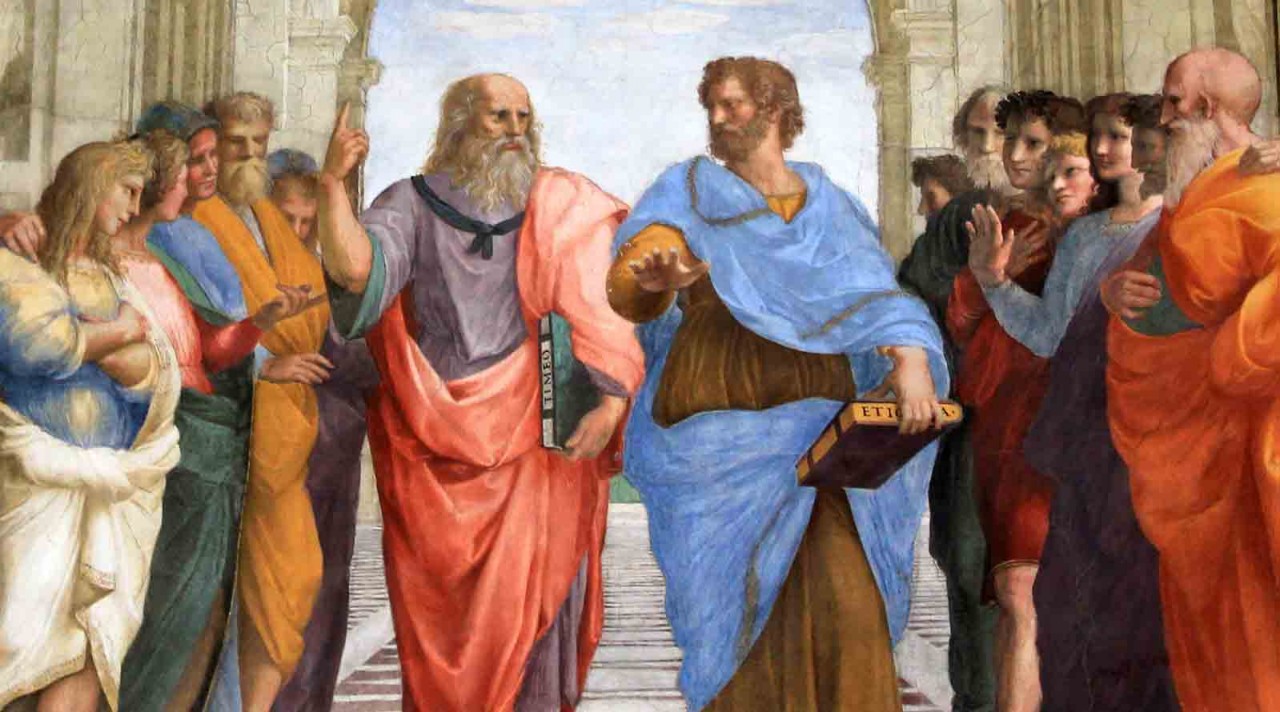
A visitor checks an art installation entitled ‘Mirror Room (Pumpkin)’ by Japanese artist Yayoi Kusama, part of the In Infinity art exhibition at the Moderna Museet, the Museum of Modern Art on August 31, 2016, Stockholm. (JONATHAN NACKSTRAND/A
In the 1930s, a group of scientists and philosophers set out to destroy metaphysics.
The so-called Vienna Circle accused metaphysics of being made of “pseudo-statements,” that is, a string of words that looks like a statement at first glance, but turns out to be completely bogus after more careful scrutiny.Yet almost 90 years after the Vienna Circle—and over 2,000 years after Aristotle wrote the Metaphysics—the field doesn’t seem to be going anywhere. Some of its “pseudo-statements” may have been refuted by science in the meantime, but there are still many profoundly metaphysical questions that remain unanswered: What is consciousness? Do we have free will? Why is there good and evil? Until we’ve answered them, metaphysics can make a legitimate claim to the pantheon of human knowledge.
The literal meaning of the word “metaphysics” is “the ones after the physical ones.” This is what an editor of Aristotle’s work called the books which followed what we now call Aristotle’s Physics. The Stanford Encyclopedia of Philosophy notes that the title was probably meant to warn students of Aristotle’s work that they should read the Metaphysics only after they’ve grappled with the Physics.

Plato (left) and Aristotle (right) walking and discussing in Raphael’s Renaissance masterpiece, The Athens Schools located in the Apostolic Palace, Vatican City.
(Wikimedia Commons)But Aristotle himself did not see Metaphysics as coming second—if anything, for him it was at the beginning of everything. While Aristotle himself never used the term “metaphysics,” he referred to it the “first philosophy” or “first science.” Metaphysics came before everything else because it dealt with the first and most fundamental principles of life.
But if metaphysics comes before physics, does that mean that the role of metaphysics is to inspire questions that we can later test in the physical world?
Some scientists (and philosophers) have claimed that science either already holds all the answers to metaphysical questions—or will soon do so—and that science, therefore, renders metaphysics useless. It’s not just the old Vienna Circle that deemed metaphysics pointless, but more recent public figures, such as Stephen Hawking or Neil deGrasse Tyson, seem to treat metaphysics with similar disregard.
In A Big Think video, Bill Nye, our favorite…
The post Has Science Conquered Metaphysics, and All of Philosophy? appeared first on FeedBox.